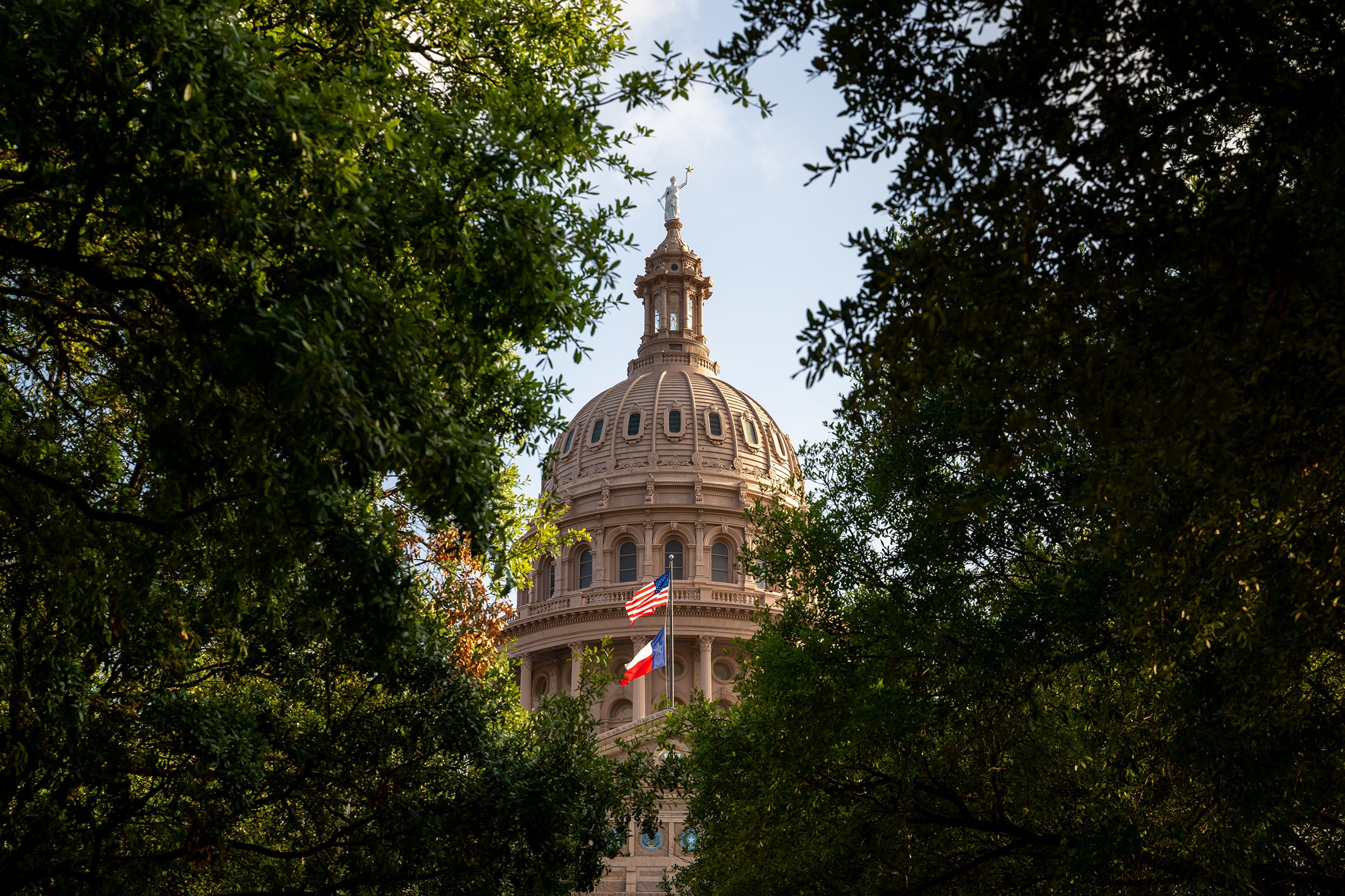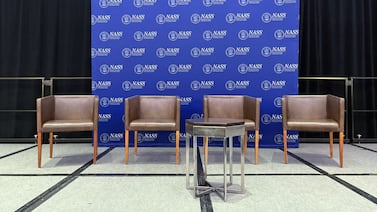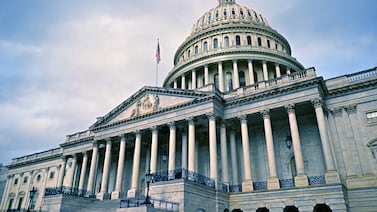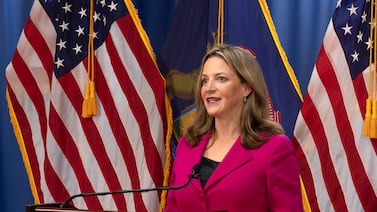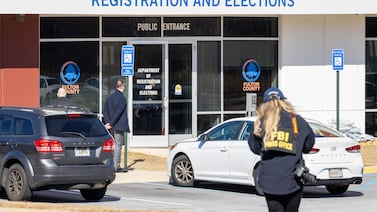Votebeat is a nonprofit news organization reporting on voting access and election administration across the U.S. Sign up for Votebeat Texas’ free newsletter here.
Texas’ top election official is opposing a GOP lawsuit that seeks to close the state’s primaries, arguing in new legal filings that a decision to restrict voting to registered party members should be up to lawmakers, not the courts.
Quoting from an earlier court decision, Republican Secretary of State Jane Nelson wrote in her filing that a court ruling on the GOP lawsuit now, just before the March primaries, threatens to “confuse voters, unduly burden election administrators, or otherwise sow chaos or distrust in the electoral process.”
In her filing, Nelson also took aim at Attorney General Ken Paxton, a fellow Republican who has sided with the Texas Republican Party in court, calling a joint motion he filed with the party “brazen and misguided.” The motion asked the court to require Nelson to close the primary.
Texas Republicans say the state’s open primaries violate their constitutional right to freedom of association, alleging in their legal filings that some Democratic and independent-leaning voters are casting ballots in Republican primaries and boosting more moderate candidates.
The party sued Nelson in federal court in September, asking the court to close primaries and restrict voting to registered Republicans only.
State law doesn’t require voters to register with a political party, though election officials have a record of which party primary voters choose to participate in for any given election.
In its filing, the state Republican Party said it wants to “be able to create its own registration system” and “work with election officials to ensure they will use Party registration information to limit primary elections to registered Party members.”
The party “seeks to define party membership more restrictively than” the current legal standard, it said.
Closing the primaries in Texas would not be an easy undertaking.
Experts say it would require an overhaul of the state’s voter registration system. It would likely require changes in state law and take years to implement. The state would need to redesign voter registration applications and also find a way for existing registered voters — the state has more than 18 million — to declare their party affiliation.
Given those hurdles, the party said it needs the court to intervene so it can be prepared to hold a closed primary in 2028.
Paxton, the state’s top lawyer, typically defends state laws when challenged, in election and voting-related lawsuits. But in this case, he joined the Republican Party of Texas in a motion asking the court to find Texas’ open-primary law unconstitutional, grant the GOP request, and resolve the case without a trial. Paxton will be on Republican primary ballots in March as he and U.S. Rep. Wesley Hunt of Houston each seek to unseat U.S. Sen. John Cornyn.
Instead of “fighting this lawsuit with expensive out-of-state lawyers, the Secretary of State’s office should respect the will of Texas voters and defend their freedoms by creating a process that will allow the RPT to immediately close its primaries,” Paxton said in a news release.
In her filings Thursday, Nelson said a ruling now declaring the state’s open primary system unconstitutional could lead to confusion for voters ahead of the 2026 primary. She reminded the court that mail ballots for that election must be sent less than four months from now. Early voting begins Feb. 17.
“Even if heroic efforts by state and local authorities are enough to avoid chaos and confusion and the open primaries are held, the proposed judgment would cast a pall on the results, because they would be the product of a system that a federal court declared unconstitutional,” Nelson’s filing says.
According to Nelson’s filing, lawmakers filed at least six bills in 2025 to close the primaries, but the proposals failed.
Nelson added that state lawmakers can take up the matter in the 2027 legislative session.
Republicans included a proposition on their 2024 primary ballot to close primaries that voters approved. That didn’t have any effect on state law, though the party later adopted new rules calling for the change.
Natalia Contreras is a reporter for Votebeat in partnership with the Texas Tribune. Contact Natalia at ncontreras@votebeat.org.

